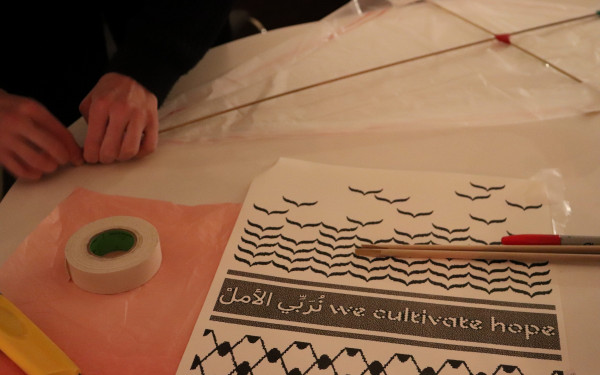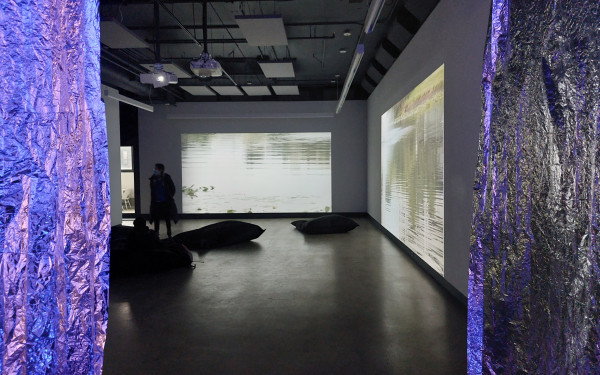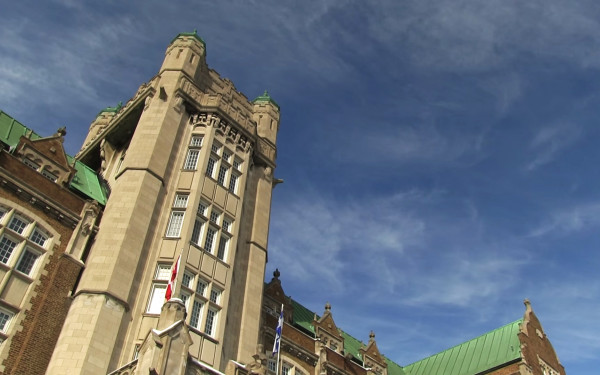The Planetarium and Biodome foster inventive science talks
Researchers’ Night brings together scientists and nonscientists to combat misinformation
Espace pour la vie hosted its fifth Researchers’ Night in the Planetarium and Biodome on Nov. 15, drawing curious crowds for an evening of science talks.
Among lively 2000s pop hits, multicoloured lights and dazzling disco balls, attendees were able to speak with an array of researchers from various disciplines, including ecology, astrophysics and chemistry. Drawing from its main theme, “Don’t believe everything you see on TV!”, the event included segments structured as channels inside a television.
The initiative was co-organized with the Institut de recherche en biologie végétale. It saw contributions from an array of academic institutions, like the Université du Québec à Montréal, and educational organizations centred around scientific dissemination, such as Acfas and Sciences pour tous. The event was open to people of all ages.
One segment titled “Piment d’or,” hosted by Jean-Thomas Jobin, showcased researchers explaining their work in between sampling hot sauces. Increasingly difficult questions were paired with hotter and hotter sauces, resulting in some red-faced investigators and laughter among the crowd.
Other segments focused on demystifying science, grounding both the findings and the lives of the people who participate in research.
“Canal immersion,” a lecture series held in complete darkness, invited attendees to imagine the day of a scientist. Jonathan Gagné, an adjunct professor at Université de Montreal in astrophysics, narrated his coffee-powered nights of study using telescopes to scour exoplanets. Gagné’s story-telling—accompanied by sound effects of his late-afternoon wakeup alarm, coffee brewing and a telescope dome whirring open and closed—helped illustrate the reality of a researcher’s life.
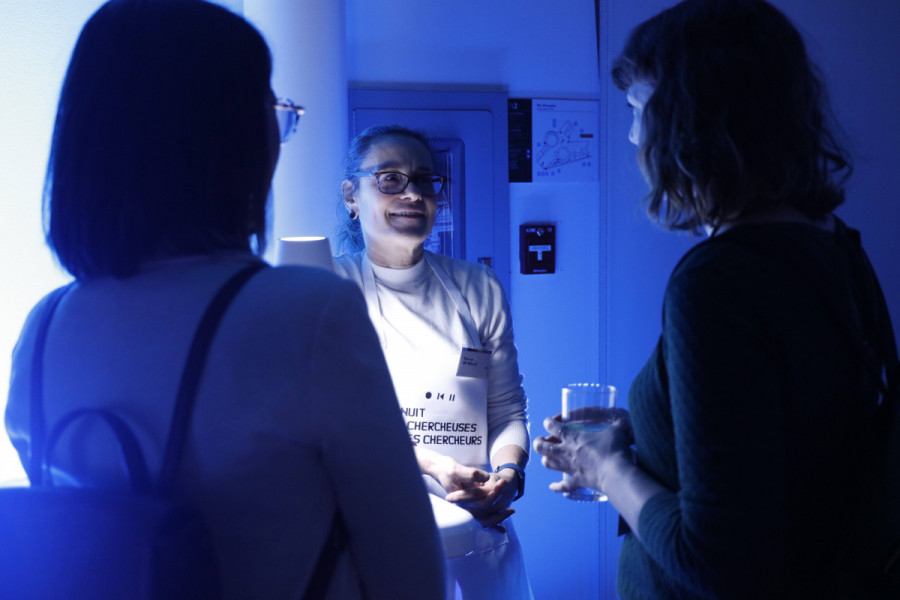
Audience members also had the opportunity to interact one-on-one with researchers in a segment called “Bouffe.tv.” Tonia De Bellis, a Dawson College professor and featured microbiologist studying the effects of climate change on mycorrhizae, presented her work in this segment. For De Bellis, addressing people face-to-face is an important part of being a scientist.
“The first group I saw was an older couple, and maybe they don’t get to talk to scientists,” De Bellis said. “It was really neat because they seemed super interested. They were the ones who asked me the most questions.”
According to De Bellis, who incorporates innovative science communication in her teaching, research dissemination has the potential to be anything but boring. She said that appealing to people’s curiosity and grounding research findings in everyday life help people connect with science. In-person events like Researchers’ Night strive to create a tremendous impact in engaging people, which she noted as a pressing need for the scientific community.
“We need to find more, easier ways, digestible ways to understand science,” De Bellis said. “[As scientists], it’s our job to be present, and to explain what we’re doing.”

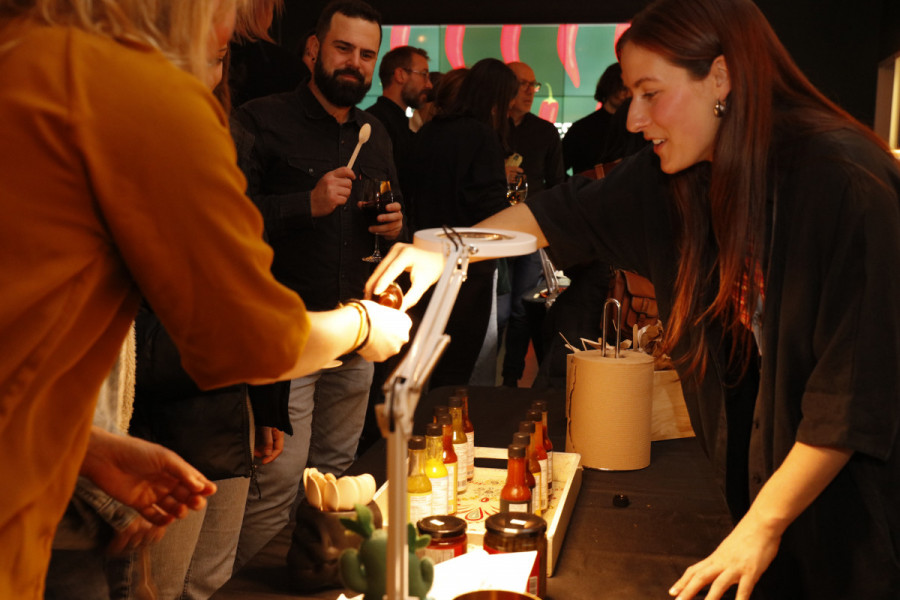


_600_375_90_s_c1.JPG)
